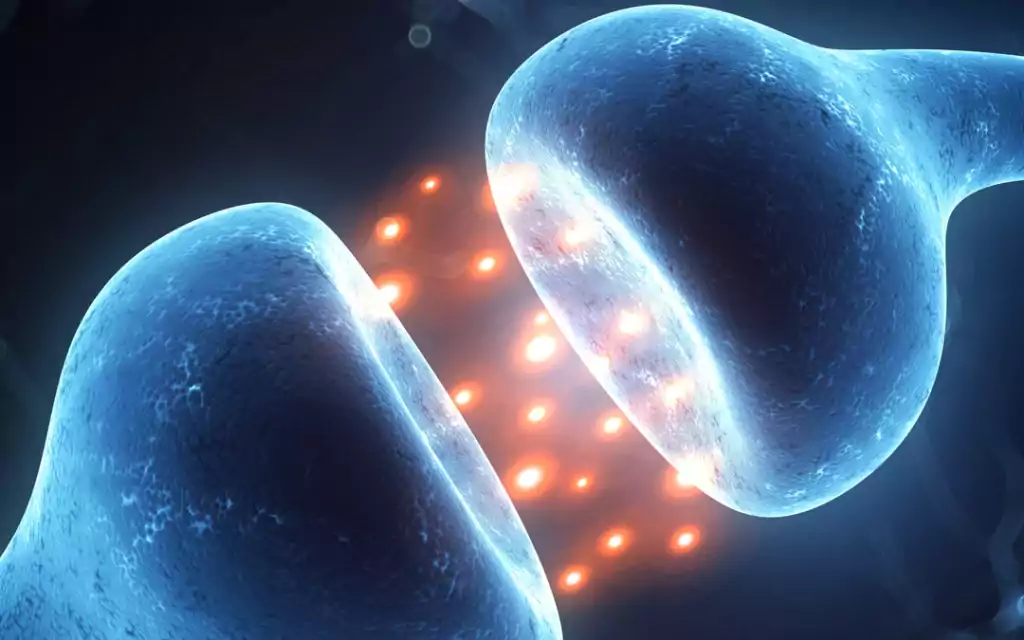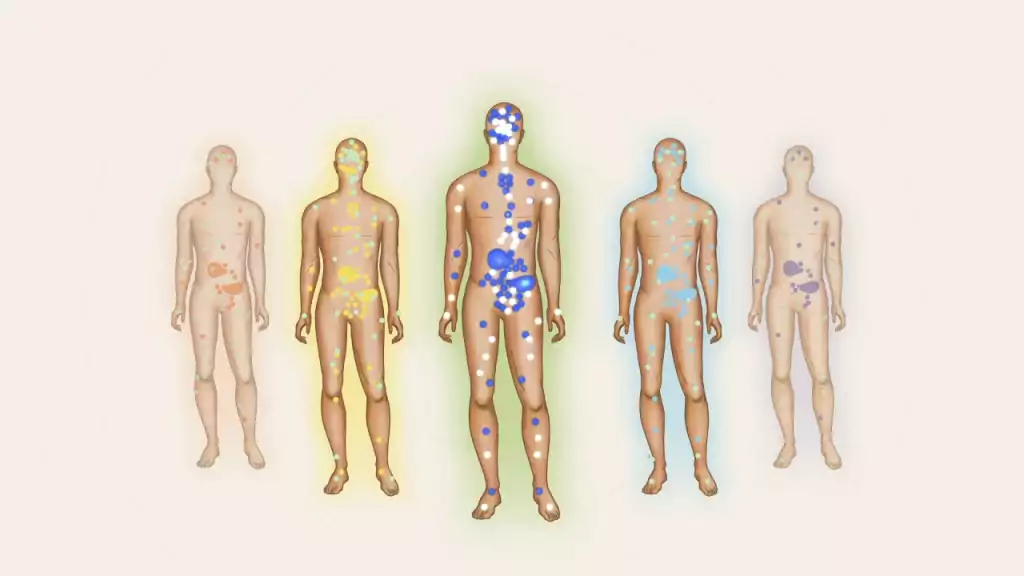English
What is the endocannabinoid system?
The endocannabinoid system- ECS was discovered in the late 1980s and early 1990s. Although the greatest concentration of CB1 is in the brain and CB2 in the peripheral nervous system, CB1 and CB2 receptors are found throughout our bodies. At the time, many scientists and mental health professionals were trying to understand how THC specifically affects our brains and bodies. It was a real scientific breakthrough at the time. What have we learned about the ECS since then?
Research by Dr. Paul Song has confirmed that endocannabinoids are actually cannabinoids produced by our own bodies. The endocannabinoid system controls and influences many functions in our body, including memory, pain, reproduction, taste, the immune system and many others. The most well-known endocannabinoids today are anandamide and arachidonoylglycerol.
Katie Stem, CEO of Peak Extracts said “This system has two main receptors: CB1 and CB2. Endocannabinoids are neurotransmitters that pass information between these receptors and thus affect the entire nervous system. While we still have a lot to learn, we can confidently say that the ECS functions as such an amplifier. It affects how much or how little we are able to perceive certain signals in the nervous system, such as pain, hunger, taste, arousal, etc.”
Interaction of THC and CBD with the endocannabinoid system
The reason THC makes people feel good overall is that THC affects the CB1 and CB2 receptors, so the effect affects the whole body.
CBD, on the other hand, does not have the same effects on these receptors. It can even activate non-ECS receptors in our body.
Katie Stem calls CBD the most interesting. It has the greatest compatibility with the ECS, according to her. “CBD can interact with both serotonin receptors and G proteins that are outside the endocannabinoid system. It has been shown to alter the functions of other cannabinoids on the ECS, for example blocking the activity of THC.”
Of course, cannabinoids are not the only substances that affect the ECS. Medications and drugs, even a range of everyday activities and lifestyle choices have an impact.
Ms. Stem explained that each person has a unique endocannabinoid system. “Cannabinoids, like other things that affect the ECS, will have different effects on different people. It really depends on their individual physiology. So people will experience different effects from cannabis, but not bad effects.”
Ian Jenkins, CEO of Frelii, also has an interesting view. He says that many other cannabinoids, not just THC and CBD, can have a nutritive effect. It’s about homeostasis and health, not nutrition or nourishment in the classic sense.”
Many misconceptions
Information about the endocannabinoid system is constantly increasing. Some individuals incorrectly believe that the endocannabinoid system developed through marijuana use.
“Although there may have been some evolutionary link, ECS is an integral part of humans and cannabinoids and terpenes are not only found in cannabis plants. However, we as humans probably have some relationship with plants that contain cannabinoids. This is because of their positive effects on the human body,” insists Dr Song.
Development to date
“Tremendous progress has been made in the development of synthetic cannabinoids for pharmaceutical purposes, and new varieties are constantly being created to have the best possible therapeutic effect,” Dr Song said of how the understanding of cannabis as medicine is constantly changing for the better.
Improper ECS function leads to many serious diseases such as sclerosis or inflammatory bowel disease. A lack of your own cannabinoids can cause your immune system to spiral out of control. The result can be Crohn’s disease in people over the age of 20.
Published by Peca Sarm
18/05/2022choose and buy cannabis seeds from our offer
our pleasure



























